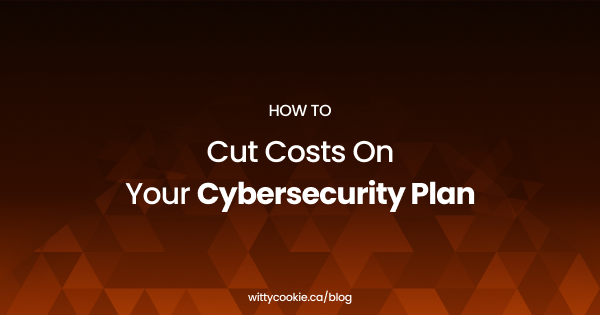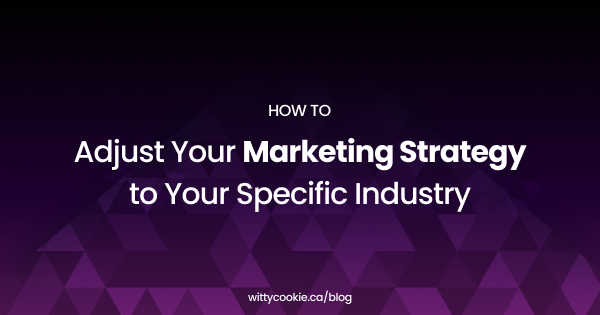Features of a Good Website | Customer Path
Features of a Good Website
Whether you are a large corporation or a small business, there are particular features and characteristics that a user looks for in order to enjoy their digital customer journey, customer path and journey, and their overall website experience. A user’s first impressions of your website as a can be highly influential in affecting their understanding and perception of not only your website, but also your company and brand as a whole. In order to ensure that you make the most of the benefits caused by first impressions, here is a list of what customers look for on a website throughout their UX journey to ensure that you hit all the checkboxes to match what they are looking for!
Website Features and Functions Customers Look For
1. What Makes Your Business Unique?
Answer the question “Who are you?” in an interesting, compelling, and honest way on your website. This can include adding features such as writing bios for those in management that mention the individual’s expertise, years of experience, and any unique attributes or details about them that may help people remember and differentiate them from the crowd. But although it is good to introduce yourself in this way, remember to be concise. Some questions you should answer include:
- What is unique about your business?
- Why should I buy from you?
- What separates you from the competition?
2. What Does Your Company Offer?
Make it a priority to include information about your products and/or services on your homepage and let users know what you can provide for them in terms of your products and/or services. It is also good practice to include the individual links to the relevant product and service pages featured on your homepage. If your customers don’t know what you do, there is no way for them to take part and make use of your available products and/or services and it is highly probable that they will go to your competitors to fulfill their wants and needs.
3. Your Contact Information
Providing your customers with the contact information of your business is essential to building credibility and trust. As explained by Wayne Porter, the co-founder of ReveNews, “A phone number, a street address, and even pictures go a long way towards building credibility”. By showing a physical location and address on your website, you can comfort the customer by showing that your business is real and legitimate, even if the user has no intention of ever visiting your brick and mortar store. On top of providing your address, make sure to put your email address and phone number in a highly visible and easy to spot location on your website. And an even better way to feature this information, you can link your phone number and email address in order to maximize the level of convenience by which users can contact you.
4. Third-Party Validation
Another way to provide your website with an extra sense of reliability and trustworthiness is to include different forms of third-party validation on your website. Before committing to your business and purchasing your products and/or services, customers want to be reassured that your company is reputable and safe before investing money into your business. But before you include the names and credits of third parties, make sure you get their consent. Examples of third-party validation include:
- Customer testimonials
- Product/service reviews
- Client lists
- Case studies
- Awards and recognitions
- News clippings
- Etc.
On top of including the forms above, having a strong social media presence is also good at providing credit to your company, business, and brand as it gives your company social validity in the form of likes, comments, and followers.
5. Secure Socket Layer (SSL)
Secure Socket Layer (SSL) is an encryption system that helps to protect the privacy of data exchanged between a customer and a website. If you have an e-commerce site that takes credit card information, customers want to know that their sensitive data is encrypted. By having SSL, you can assure customers that your website is secure and that their personal information and data is safeguarded and protected. This will consequently help to increase the transaction and conversion rate of your website as people feel safe to purchase from your website.
6. Intuitive Navigation System
If people can’t find it, people can’t buy it. Websites should be easy and intuitive to navigate. Having a website with an easy to understand interface can significantly impact the user’s experience of your website. Not only will it make it easier to find your products and services, it also makes the user’s experience exponentially more enjoyable as they don’t need to expend as much effort and mental energy into navigating and using your website.
7. Customer Path Timeline
Teach users about the important process by which users engage with your company and its products and/or services by creating a step-by-step customer path timeline about important processes such as how to order, how to purchase, etc. By explicitly explaining your business procedures, users will feel more secure in doing business with you as they can clearly understand what they are getting themselves into. By helping them visualize the purchase journey, this consequently builds customer trust and business transparency, thereby increasing the possibility of these users converting into customers.
8. Clear Calls to Action (CTA)
Make the user’s website experience on your website as easy and smooth as possible. As UX touchpoints, make sure to use call to action buttons that have clear, direct, and concise language. Don’t let your users think about what to do next, tell them. Examples of some call to action terms to use include:
- Sign Up
- Subscribe
- Try for Free
- Get Started
- Learn More
- Join Us
9. Personalization
By providing the user with a personalized website experience, this makes their experience of your website, and consequently your brand and company, more intimate and significant. By establishing this intimacy, this can consequently affect the customer’s loyalty to your brand and company as they feel like there is more to lose than just your products if they were to decide to change to purchasing from your competitors.
Want a professional website? Check out WittyCookie’s award-winning website design and development services!



